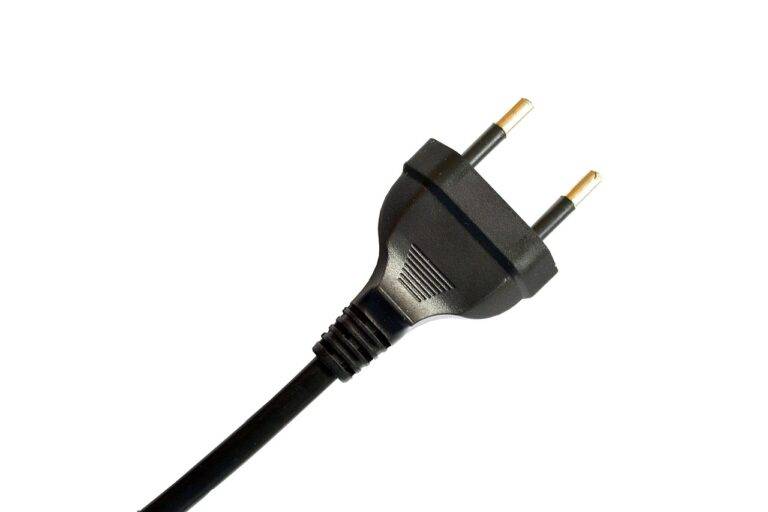The Best Smart Thermostats for Modern Homes
Smart thermostats offer homeowners the convenience of remotely controlling the temperature of their homes through a smartphone or other connected devices. This feature allows for greater energy efficiency by adjusting the temperature based on occupancy patterns and personal preferences, ultimately leading to cost savings on utility bills. Additionally, smart thermostats can provide valuable data on energy usage and suggest ways to further optimize heating and cooling systems for maximum efficiency.
Beyond just temperature control, smart thermostats often come equipped with advanced features such as learning algorithms that adapt to the household’s schedule and preferences over time. This not only enhances comfort levels but also reduces the need for manual adjustments. Some smart thermostats can even integrate with other smart home devices, creating a seamless and interconnected home environment where different systems work together to enhance convenience and overall energy efficiency.
Key Features to Look for in a Smart Thermostat
When considering purchasing a smart thermostat, there are several key features to keep in mind. First and foremost, compatibility with your current heating and cooling system is crucial. Make sure the smart thermostat you choose works with your HVAC system to ensure seamless integration and functionality.
Additionally, look for a smart thermostat with programmable scheduling capabilities. This feature allows you to set specific temperatures for different times of the day, saving energy when you’re not at home while keeping you comfortable when you are. The ability to remotely control the thermostat via a smartphone app is also a convenient feature to have, giving you the flexibility to adjust your home’s temperature settings from anywhere.
What are some benefits of using a smart thermostat?
Smart thermostats can help homeowners save energy and reduce utility bills by automatically adjusting the temperature based on occupancy and preferences. They also offer remote access and control through smartphone apps, making it convenient to manage heating and cooling settings.
What are some key features to look for when choosing a smart thermostat?
Some key features to look for in a smart thermostat include programmable scheduling, learning capabilities, geofencing, compatibility with other smart home devices, energy usage reports, and voice control options.
Can a smart thermostat help improve indoor air quality?
While a smart thermostat primarily focuses on regulating temperature, some models offer additional features like air quality monitoring and control. These features can help improve indoor air quality by adjusting ventilation and filtration settings based on air quality measurements.
Are smart thermostats difficult to install?
Most smart thermostats are designed to be user-friendly and come with step-by-step installation instructions. However, some homeowners may prefer to hire a professional HVAC technician for installation to ensure proper wiring and compatibility with their heating and cooling system.
Can a smart thermostat save me money on my energy bills?
Yes, smart thermostats are designed to optimize energy usage and reduce heating and cooling costs. By automatically adjusting temperature settings based on your schedule and preferences, a smart thermostat can help you save money on your energy bills in the long run.





